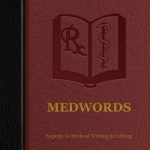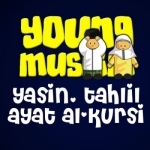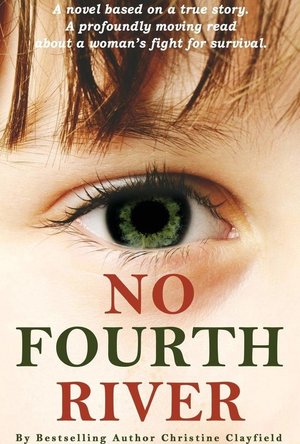
Invoice & Time Tracking - Zoho
Business and Finance
App
Email or print invoices on the go and get paid faster! Zoho Invoice, your pocket friendly app is...

Finnish <-> English Slovoed Compact talking dictionary
Reference and Education
App
#1 DICTIONARY TECHNOLOGY IN THE WORLD 16 000 entries and 10 000 English audio pronunciations...

Russian <-> English Slovoed Compact talking dictionary
Reference and Education
App
#1 DICTIONARY TECHNOLOGY IN THE WORLD 41 000 entries and 20 000 audio pronunciations recorded by...

Sweet Baby Girl Christmas Fun 2 - No Ads
Games and Education
App
Who are these adorable Santa's helpers? Holiday season is here and Sweet Baby Girl with her best...
This book is a memoir of Christine Clayfield, where she is sharing her life story. The story begins when she was five years old, and it continues throughout her life, including rebellious teenage years, until the present, when she is 58 years old. All the past memories were triggered when suddenly she gets a call, that her mother is very ill and she has to return to Belgium, where she faces the ghosts from her past. Her youth years are very brutal and the amount of violence and abuse she had to face from her father is absolutely unbelievable. To top her already sad life, she married a violent man, who made her life even more miserable. I tend to question people’s choices in these type of books. Why they didn’t look for help? Why they didn’t complain to other family members? Why they stayed silent? And in many books I do find the answers which sound illogical, but not in this book. Christine explains everything very clearly, and for me, her thoughts and feelings fully explain every choice she had to make. I’m absolutely touched by how honest this book is. Christine poured her heart out and is sharing the deepest and darkest events with the readers, and I applaud her bravery because, I believe, it should have been a really difficult book to write.
The events in this book were jumping between present and past, giving a little insight of what will come. The author shared a beautiful story of how she met her present husband and the letters they shared while apart. They were absolutely adorable. The amount of topics discussed in this book is huge, such as child abuse, bullying, mentally caused illnesses, family problems, relationships with friends, alcoholism, loose sexual behaviour, domestic violence, business ideas, distance relationship, effects of divorce, and many many more. The author is openly speaking about nuns and their cruelty, and I thought nuns supposed to be kind and helpful, but they looked like tyrants rather than saints. (I kind of knew it, but still, was stupidly surprised about this fact 😀 )
The writing style is very pleasant and the language is easy and understandable. The chapters are a decent length and it doesn’t leave you bored. I would like to throw in a disclaimer, this book is not very easy mentally, there is a lot of cruelty and violence and does have a lot of heartbreaking moments, so tissues and strong nerves are recommended. 🙂 I loved the way Christine rounded up her novel, it left me really satisfied. So, to conclude, this work is incredibly inspiring and I do believe it should be widely spread to share the awareness of how you can do anything you put your mind to. That “can do” attitude, clear goals and a lot of hard work will make you successful, no matter what you endured in life. It is all in you, you just need to find it. Please do support this book, there is a lot of things to learn from Christine because she is freaking amazing and her story is absolutely inspiring. Enjoy 🙂

Office Reader Pro: For Microsoft Office
Productivity and Business
App
SPECIAL HOLIDAY PRICE TODAY!!! REGULAR PRICE $9.99 Office Reader Pro is a powerful ALL IN ONE...

Carter’s Encyclopaedia of Health and Medicine
Health & Fitness and Medical
App
Carter’s Encyclopaedia of Health and Medicine is an extremely comprehensive iPad application...

YoungMuslim Yasin, Tahlil & Ayat Al-Kursi
Reference and Book
App
#Top 10 Singapore! #Top 10 Malaysia! -------------------------------------- Excellent - 5 stars! ...

Cheetah Keyboard - Color&Emoji
Productivity
App
Cheetah Keyboard has every feature you want a keyboard to have. With beautiful and colorful themes,...

